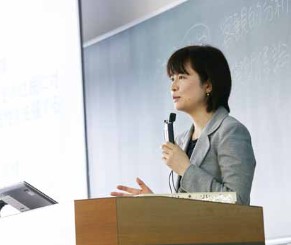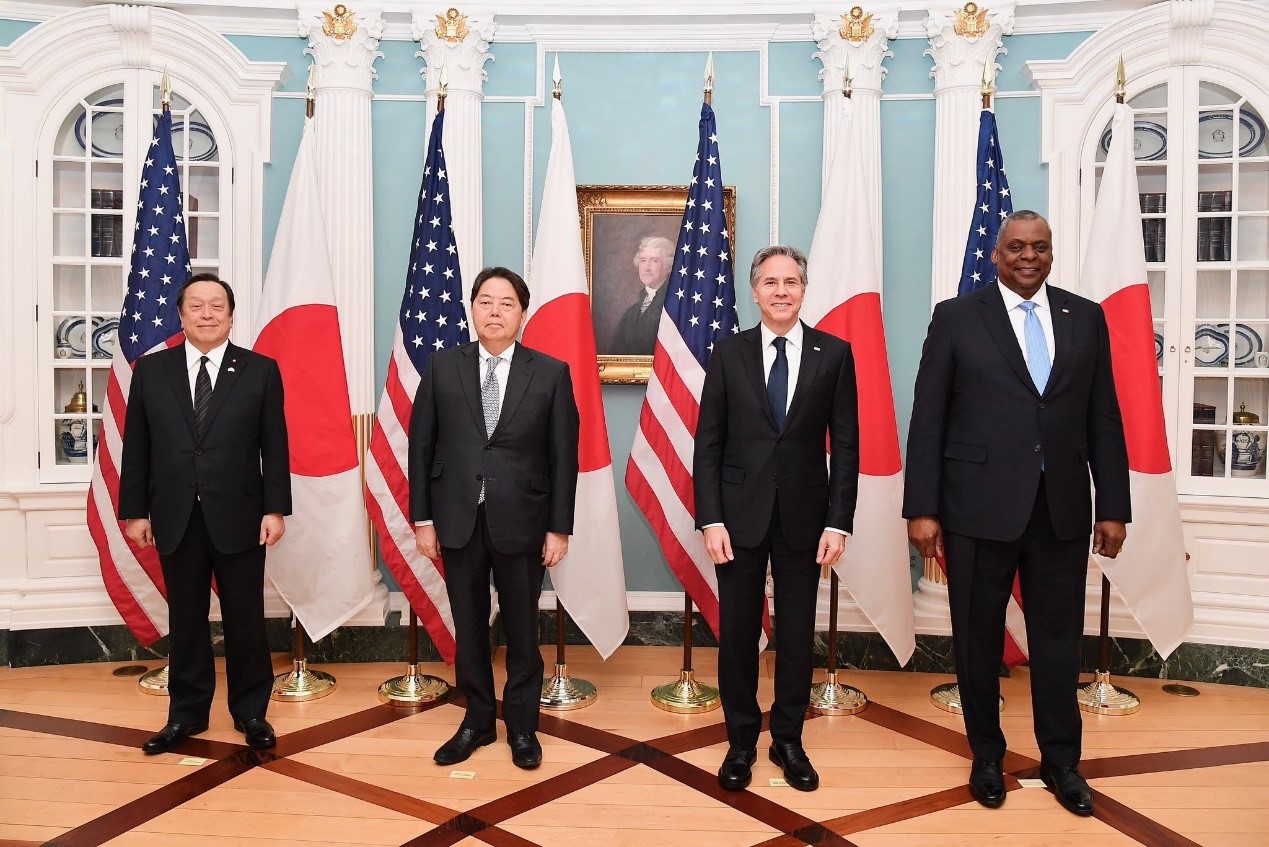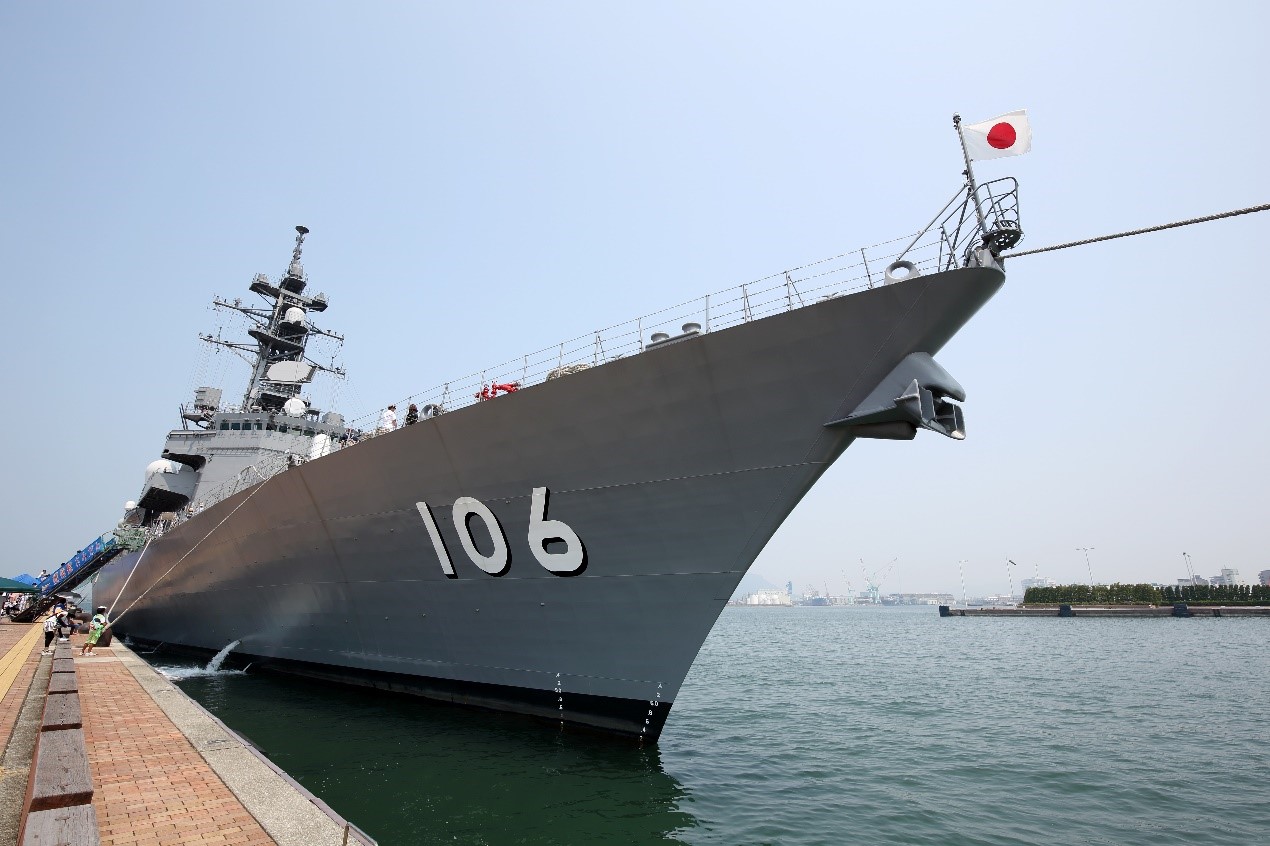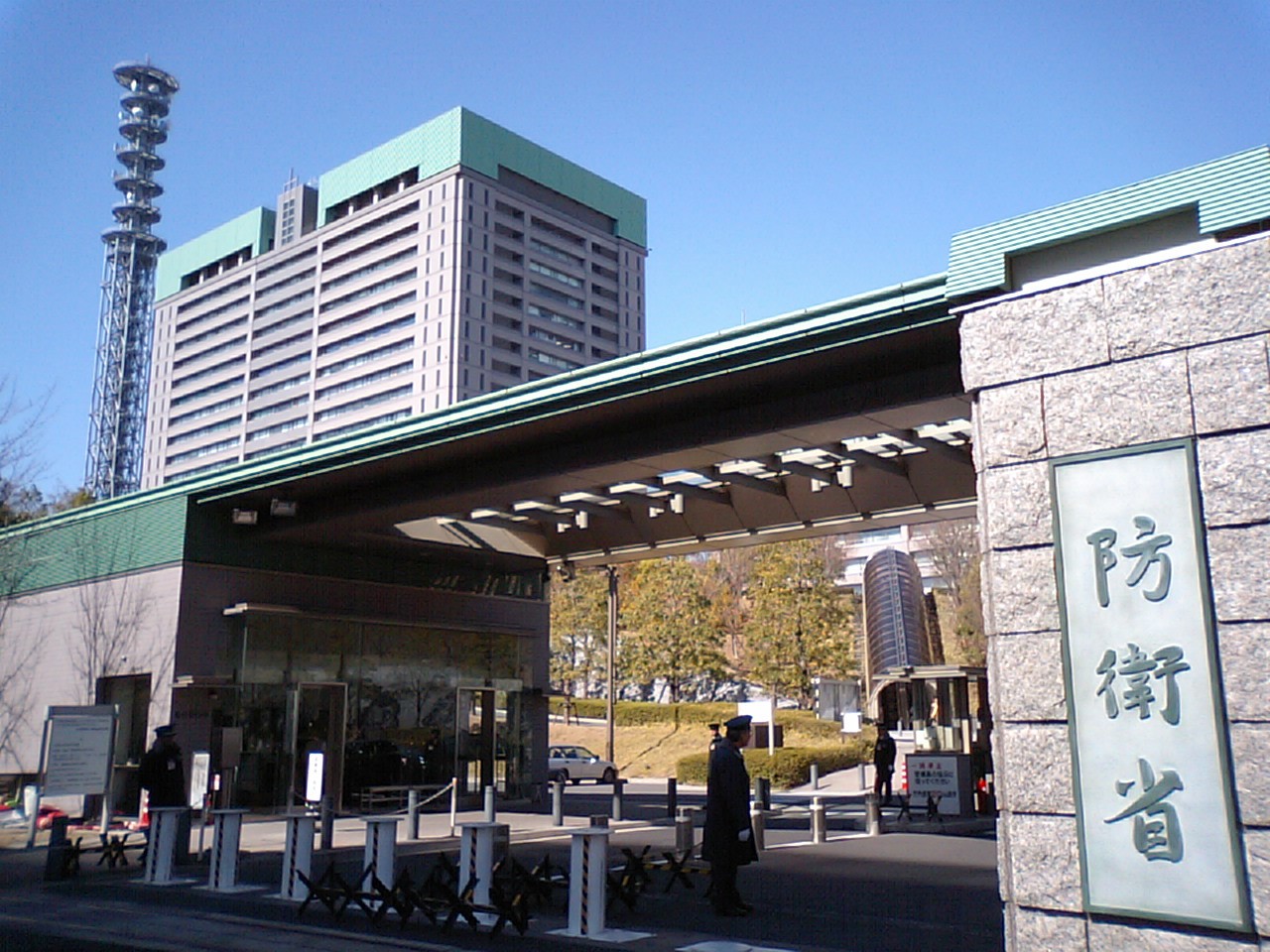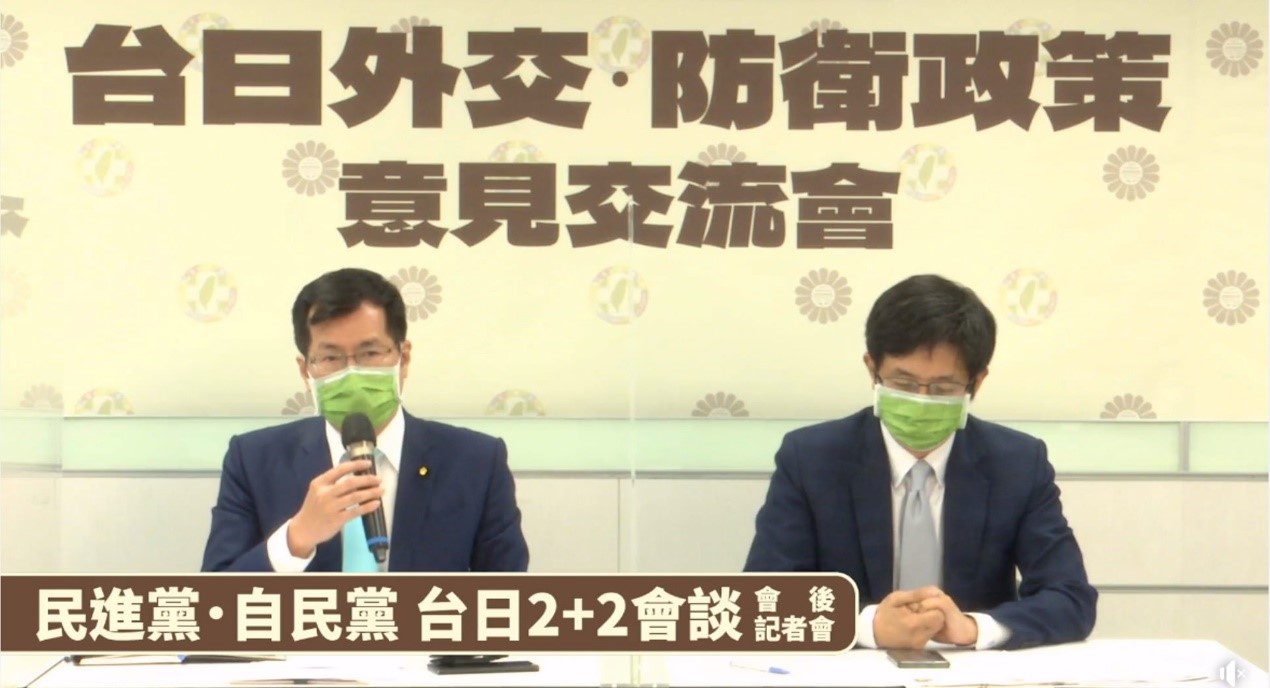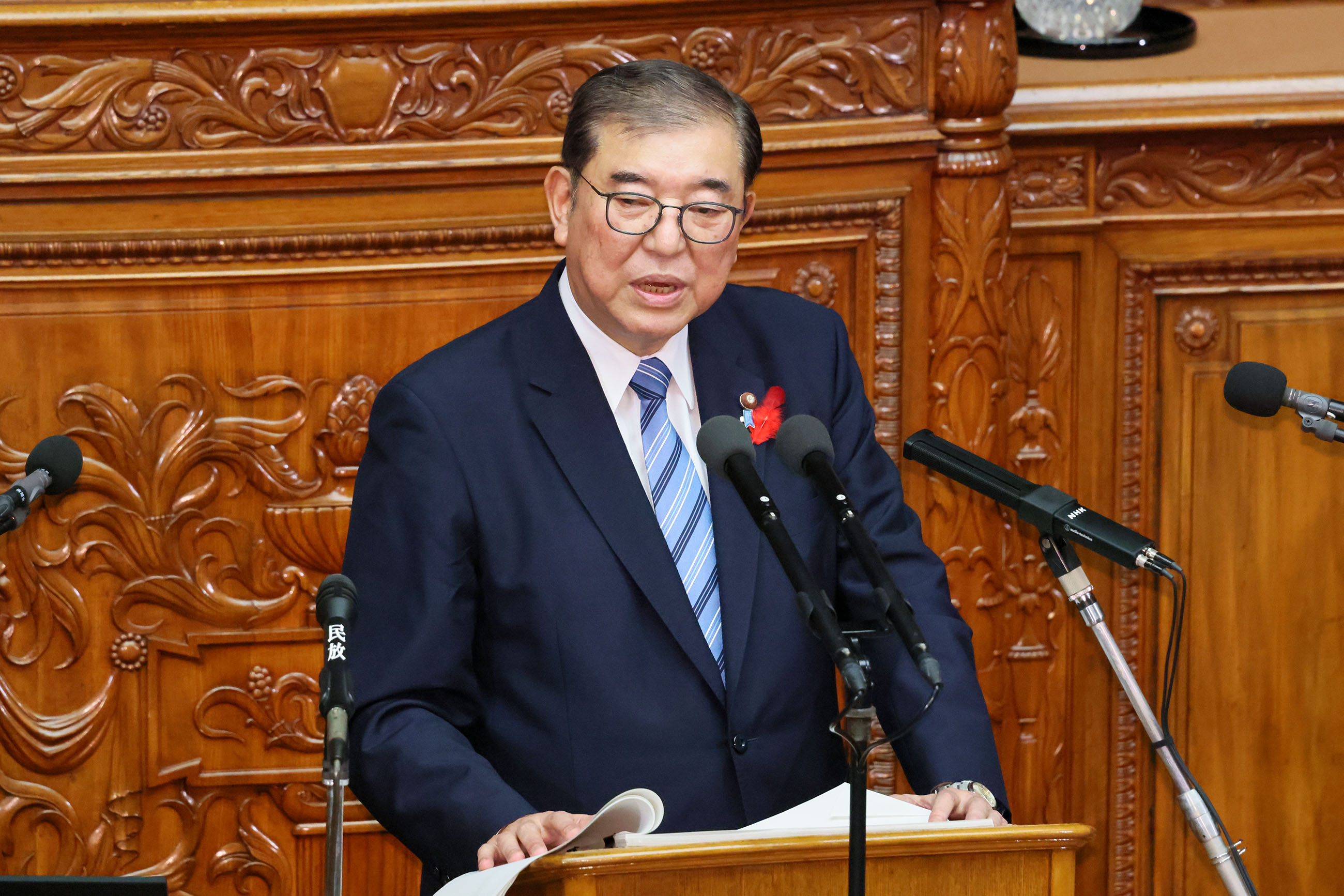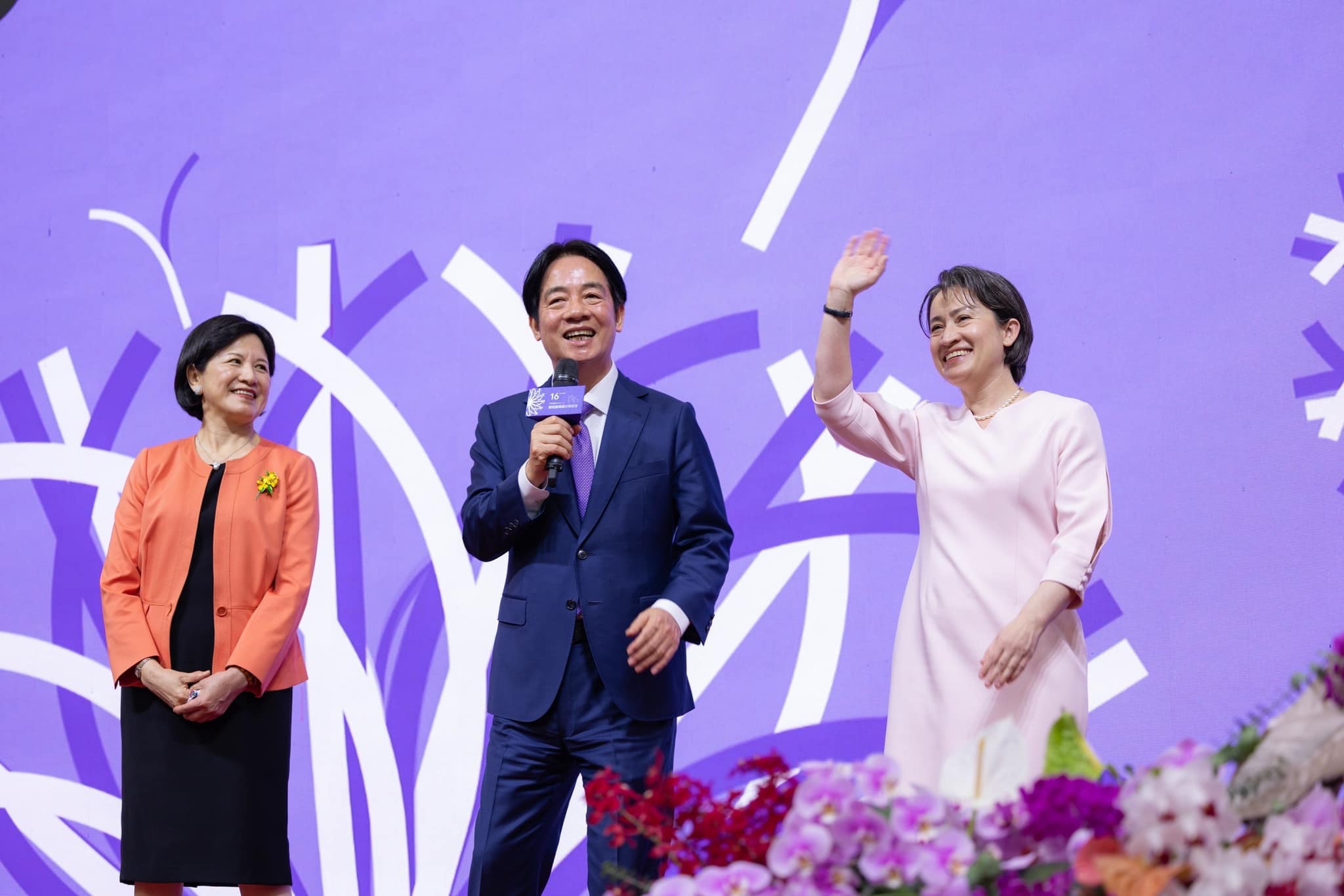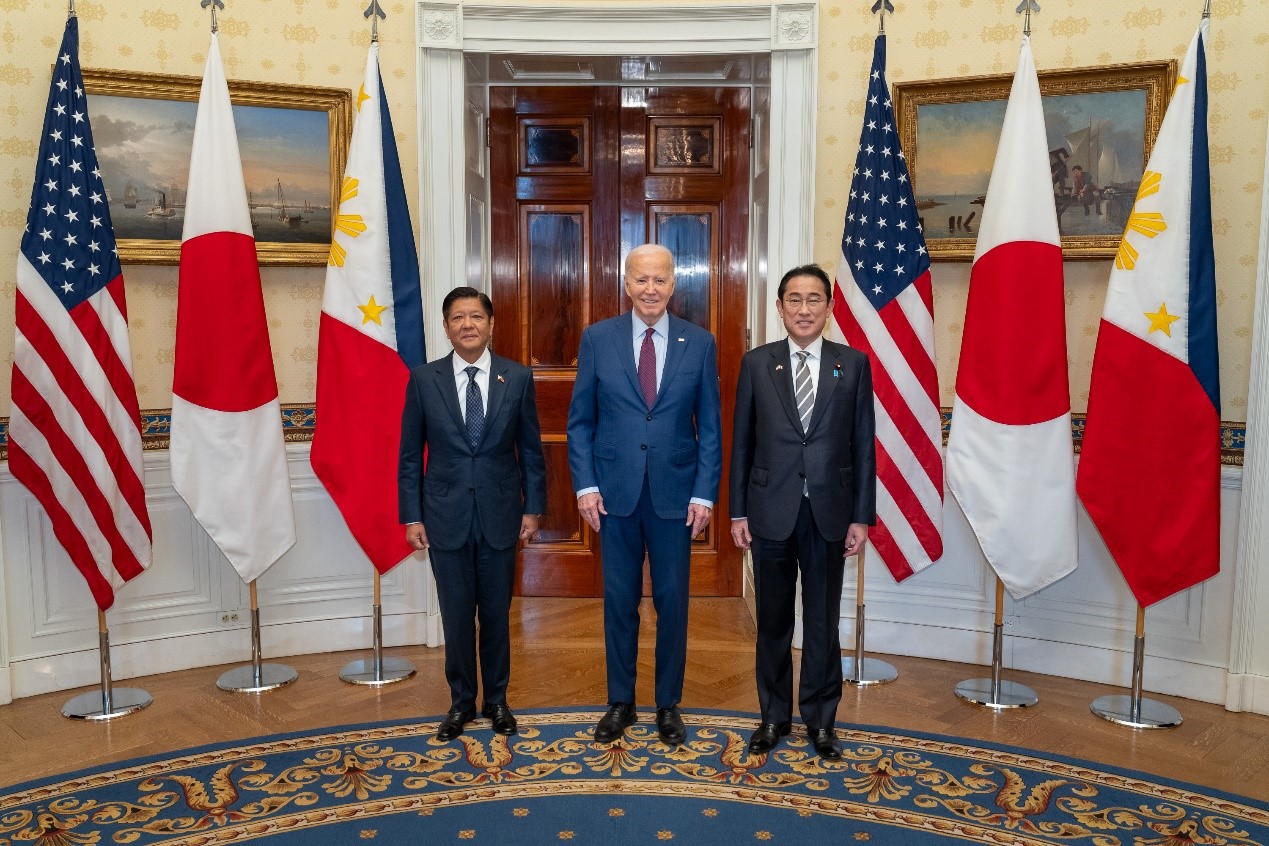Can Multinational Enterprises Follow Their Government? Japan’s New Government and Its Economic Security Policy toward Taiwan and China
Japan will try to establish an export control law to avoid the transfer of advanced technologies or strategic materials to foreign countries to ensure Japan’s strategic autonomy and distinctiveness. Contrary to the government policy of economic security, Japanese-affiliated companies may not change their behavior.
Prospects & Perspectives 2021 No. 55
Can Multinational Enterprises Follow Their Government?
Japan’s New Government and Its Economic Security Policy toward Taiwan and China
October 26, 2021
Japan’s New Prime Minister and New Policies
The Liberal Democratic Party of Japan (LDP) elected Fumio Kishida as its president on September 28. Kishida formed his new Cabinet the day after the election and decided to hold a general election to choose the lower house members on October 31. Although the prospects of victory in the election are currently unknown, the LDP is expected to win a majority of seats in the Diet by aligning with the Komeito Party, which is now taking part in the ruling coalition.
Assuming that the LDP will be a ruling party again in the next Diet, what will be Japan’s foreign policy toward Taiwan and China?
The most important issues explained in the LDP’s election platform are the following eight pillars: (1) Protecting people from the COVID-19 pandemic; (2) Restructuring the thick middle class by deploying “a new capitalism” that consists of economic growth and redistribution in society; (3) Ensuring food security and growth of the agricultural industry; (4) Revitalizing rural cities with digital technology; (5) Strengthening economic security; (6) Defending the country by using diplomacy and intensified capabilities; (7) Educating the next generation to develop human resources; and (8) Amending the Constitution of Japan.
Economic Security and Its Application
Among these policies, it is noteworthy that Prime Minister Kishida emphasizes the fifth issue of economic security. This includes three aspects.
First, it aims to secure the supply chain by shifting from a global supply chain to domestic production. On the one hand, Japan will reduce its dependence on foreign suppliers to produce essential goods to meet living, medical, health, and industrial needs and establish its self-supply ability within the country. This policy reflects Japan’s experience with scarce resources for the procurement of masks and semiconductors during the COVID-19 pandemic.
On the other hand, the upcoming government intends to control advanced technologies and critical materials by laying the foundations for domestic production in the fields of advanced semiconductor technologies, pharmaceuticals, electric batteries, and rare earths, as well as by optimally locating next-generation data centers.
Second, the economic security policy emphasizes the establishment of the strategic distinctiveness and advantages of Japan. For this purpose, the prospective government is attempting to identify technologies that are exclusive to Japan but are currently unknown. Furthermore, Japan is going to develop advanced technologies in the fields of space, quantum computing, artificial intelligence, high performance computing, atomic energy, advanced materials, biotechnology, and maritime transport. By establishing a list of such technologies, they will protect technologies from being transferred to other countries.
Third, Japan will try to establish an export control law to avoid the transfer of advanced technologies or strategic materials to foreign countries. Therefore, the incoming government will legislate the “Economic Security Enhancement Act” (tentative name) to identify strategic technologies and commodities, and protect those technologies from being transferred to other countries to ensure Japan’s strategic autonomy and distinctiveness.
Effects of Japan’s Foreign Policy toward Taiwan and China
Why does this new policy matter? The Japanese government has attempted to shift its business practices inwardly, which is called strategic autonomy (autarchy). However, in the current situation, Japanese foreign trade depends heavily on China. If Japan wants to construct its own supply chain, that situation must change. The question, therefore, is how?
The LDP platform explains that the Japanese diplomatic initiative emphasizes maintaining shared values such as freedom, democracy, human rights and the rule of law, and strengthening ties with allies and partners who prioritize shared values. This will make secure a free and open Indo-Pacific region, thus opposing China’s unilateral revisionist behavior and violations of human rights. It will also welcome Taiwan’s accession to the Comprehensive and Progressive Agreement for Trans-Pacific Partnership and the World Health Organization.
With this “allies-first logic,” the supply chain will be decoupled into two parts, one with allies and the other with non-allies, and the former seem to be prioritized over the latter. Japan has already implemented some of its policies along these lines. For instance, in the semiconductor industry, Japan has just attracted Taiwan’s advanced semiconductor foundry, TSMC, to Kumamoto Prefecture, in the southern part of Japan, to secure a semiconductor supply. Therefore, the supply chain with Taiwan will be more intertwined, and that with China will be diminished.
Behavior of Japanese Affiliates Abroad
To examine the decoupling that will occur, we now examine the behavior of business enterprises. Do they sincerely follow their government’s policies?
Based on the “Survey on Business Conditions of Japanese Affiliated Companies FY 2020 (Asia and Oceania)” issued on December 23, 2020, by the Japan External Trade Organization, we can surmise what their business plans for deployment will look like in the next couple of years.
Among 273 Japanese enterprises operating in Taiwan, 42.9% answered that they would enhance their business operations, 52.4% would maintain the status quo, and 4.8% would downsize their business operations. In the case of China, 36.6% of 876 Japanese enterprises answered that they would deploy more, 55.6% would maintain their current status, 6.7% would downsize their projects, and 1.0% would transfer or retreat from the country.
Asked about their reasons for extending their businesses, 117 enterprises operating in Taiwan and 319 in China provided the following answers: growing sales in the market (Taiwan 82.1%, China 87.5%), high growth rate and potentiality (31.6% and 44.2%), sales increase by export expansion (23.1% and 20.7%), acceptability for value-added products and services (27.4% and 24.1%), and relationships with their clients (21.4% and 17.2%). Both Taiwan and China have recovered from COVID-19 faster than other countries, and therefore sales increase is ranked as the top reason. Regarding the electrical equipment and electronic parts industry, 37.2% of enterprises operating in China answered that they would expand their business in the next two years, next to the companies operating in Vietnam (43.9%). This is in the opposite direction of the Japanese government’s expectations for them.
Furthermore, the reasons why Japanese companies in China will downsize or retreat are as follows: decrease in sales in the Chinese market (66.7% for 2019, 50.0% for 2020), increasing procurement or labor costs (56.4% and 37.1%), decrease in sales by weak exports (38.5% and 29.0%), stricter regulation policies (15.4% and 27.4%), weak growth and potentiality (28.2% and 21.0%), difficulty in recruiting labor force (28.2% and 17.7%). Only six companies in the electronic parts industry answered that they planned to retreat from China (15.0% of 43 firms).
On reviewing the place of production, 466 (92.8%) of the companies operating in China answered that they would not change their location of operation. Only 36 (7.2%) said that they would re-examine it because of COVID-19 (22.2% of 36 firms), and changes in the trade situation, such as extra tariff measures (33.3%).
The concerns of Japanese firms in Taiwan include the rise of competitors with a cost advantage (41.7%), limitations in marginally reduced costs (40.3%), and difficulties in meeting new customers (39.4%). In the case of China in 2020, the top three issues are an increase in labor costs (63.3%), strengthening of environmental regulations (46.7%), and limitations in cost reductions (46.1%). There were no signs of security concerns.
What Is Next?
An overview of the attitudes, behavior, and planning of the enterprises operating in Taiwan and China shows that there are few differences between them. In addition, even under the current U.S.-China trade frictions, there is little evidence that Japanese firms recognize security risks. Contrary to the government policy of economic security, Japanese-affiliated companies may not change their behavior. We must pay close attention to how governments inform them of the security environment surrounding them and guide them toward decoupling by means of subsidies or tax measures.
(Aya Takagi is Assistant Professor, College of International Professional Development, Kansai Gaidai University.)
Editor’s Note: The views expressed in this publication are those of the authors and do not necessarily reflect the policy or the position of the Prospect Foundation.

